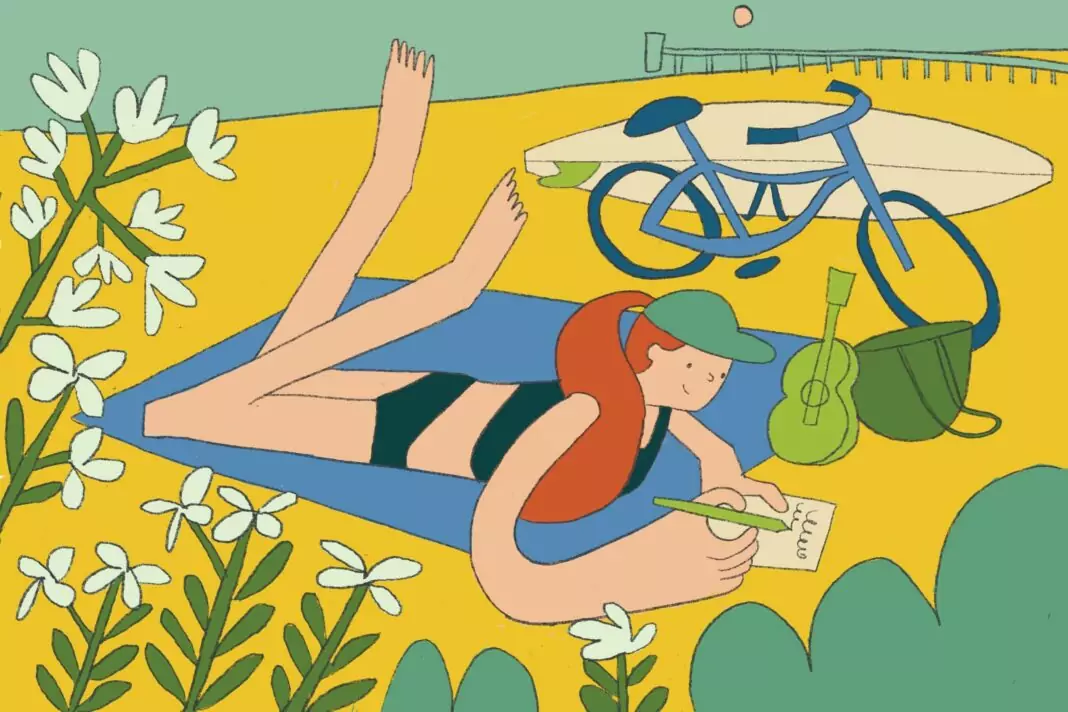Demand for palm oil has fallen five years in a row, and is now less than five percent of historical high levels.
Dear Dot,
A friend posted something on Facebook recently about how I should be avoiding palm oil in food because of deforestation. But I vaguely recall hearing that the problem had been fixed. Should I still be avoiding palm oil?
–Chloe
Dear Chloe,
Over the past few decades, millions of acres of palm trees were toppled to produce palm oil for a seemingly infinite number of consumer products. Shampoo? Yep. Ice cream? Uh-huh. Lipstick. Oh yeah. Detergent? Plywood? Chocolate? Yep, yep, and yep. We each consume roughly 18 pounds of palm oil a year, journalist Paul Tullis tells us.
Tullis calls palm oil “the world’s most versatile vegetable oil.” It’s odorless, virtually trans fat-free, and cheap. During the 90s, food companies were looking to replace trans fats in their products and cosmetics companies sought alternatives to synthetic and animal-based ingredients. Enter palm oil. It’s the foaming ingredient in shampoos and detergents. It makes ice cream less prone to melting. It offers cheap raw material for biofuels. Palm trunks and fronds can be turned into plywood, even composite parts for automobiles.
Palm oil is like magic, including in its ability to make huge swaths of forests vanish. Abraca … dang, not good.
Think you’re successfully avoiding palm oil? Think again. Like that man of mystery George Santos, palm oil has plenty of aliases. In food products, it’s known as Vegetable Oil, Vegetable Fat, Palm Kernel, Palm Kernel Oil, Palm Fruit Oil, Palmolein, Glyceryl Stearate, Palmitic Acid, and Palm Stearin. In detergents, soaps, and creams, you might see Palmate, Palmitate, Glyceryl Stearate, Stearic Acid, Palmitic Acid, Palmitoyl Oxostearamide, Palmitoyl Tetrapeptide-3, Sodium Laureth Sulfate, Sodium Lauryl Sulfate, Sodium Kernelate, Sodium Palm Kernelate, Sodium Lauryl Lactylate/Sulphate, Hydrated Palm Glycerides, Etyl Palmitate, Octyl Palmitate, and (phew!) Palmityl Alcohol (also known as Cetyl Alcohol).
That list, incidentally, comes courtesy of the World Wildlife Foundation, which has been on the frontlines of the palm oil fight. To scramble your brain even further, Chloe, not all of these names necessarily indicate palm oil. “Vegetable Oil,” for instance, might refer to safflower or sunflower oil, among others. But it might also mean palm oil. However, given palm oil’s villainy, it’s a fairly safe bet that if it wasn’t palm oil, companies would want us to know.
Demand for palm oil has driven orangutans, tigers, and other wildlife into near extinction and fueled enormous biodiversity loss. (Dot’s heart aches.) Toppling those trees has also accelerated climate change, as the felled forests sequestered vast amounts of carbon.
But in what has been called “huge, huge, huge news,” demand for palm oil has fallen five years in a row and is now less than five percent of historical high levels. Glenn Hurowitz, founder and CEO of the environmental advocacy organization Mighty Earth, points out that this drop is taking place as palm oil prices have reached an all-time high. It isn’t that palm oil has lost value, explains Hurowitz. Rather, “something huge” seems to be taking root: “The link between deforestation and agricultural expansion in palm oil seems to have been broken.” Let’s put that in plain English, Chloe: While companies continue to crave palm oil, they’re not cutting down forests with the same abandon to get it.
How has this “something huge” been achieved?
Your Facebook friend, the keyboard warrior, and an army of laptop Indiana Joneses who have called companies out for their bad behavior have had an impact. So have the many organizations who have armed consumers with evidence of corporate culpability.
“I don’t want to sit here and say that the palm oil industry has suddenly become shiny green and sustainable, but it’s mostly stopped deforestation,” said Glenn Hurowitz to a Vox reporter.
And that, my palm-curious friend Chloe, is a very good thing.
But — and there really is always a but, isn’t there? — we’re not metaphorically out of the woods quite yet. (Literally, we’re not into the woods because they were cut down. Oh, how Dot loves word play.) Just because deforestation has slowed doesn’t mean that the ancient, towering trees suddenly grow back.
While I have never seen a palm oil plantation, Dot’s friend and co-worker Elizabeth spent eight weeks traveling across Malaysian Borneo, Brunei, and Indonesia. “You see these never-ending landscapes of palm that are actually quite beautiful, but sterile,” she tells me. Elizabeth visited a preserve in Sabah on the Kinabatangan River where she saw wild orangutans, gibbons, and hornbills in “dense, wild rainforest. So biodiverse,” she said. “But to get there, you pass endless swaths of alternating palms and clearcut forest. It’s devastating. And of course, it’s not just the trees: It’s the thousands of species that depend on the forest for survival.”
It’s these biodiverse rainforests that must be restored. Alongside planting dozens of native tree species, among the most popular projects in these regions, it seems, is reestablishing wildlife corridors, which are those barren areas in between patches of rainforest.
Exciting, isn’t it! But also painfully slow. In the meantime, we can support the vigilance of organizations, such as Mighty Earth, Greenpeace, Rainforest Alliance, Friends of the Earth, and others.
Should we also try to avoid palm oil in all its many disguises? Good luck with that. Like corn and plastic, palm oil has found its way into so many consumer products that avoiding it is almost impossible. What we can do is continue to pressure companies to source their palm oil from responsible harvesters. WWF asks us to look for certification from the Roundtable on Sustainable Palm Oil.
And let us also relish this rare environmental triumph for the moment, Chloe. It is just a matter of time before your Facebook friend calls us into action to fight yet another day.
Frondly,
Dot


